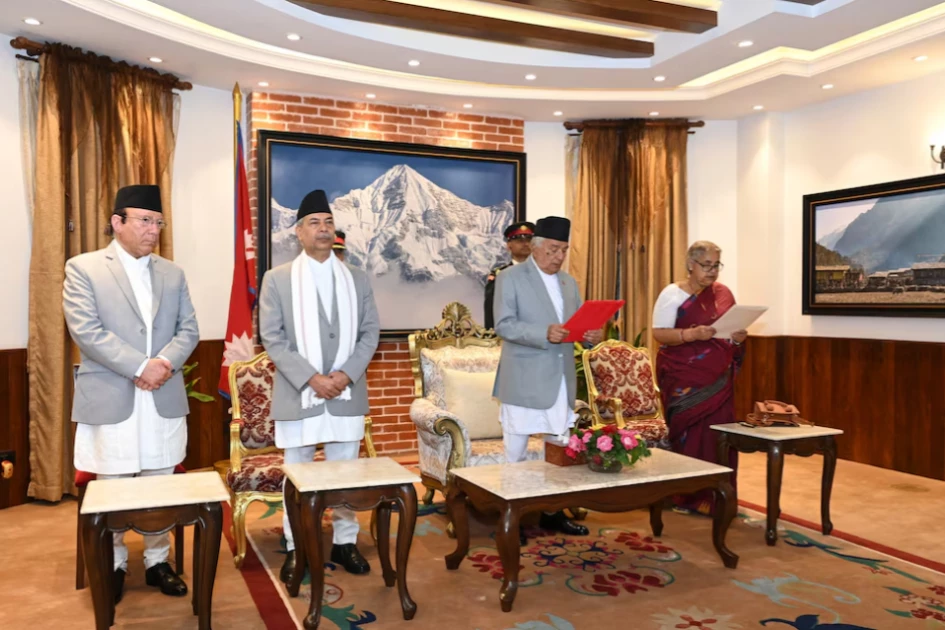Cameroon’s President Paul Biya, the world’s oldest serving head of state, has officially announced his candidacy for an eighth term in office. The 92-year-old leader made the announcement on Sunday, via posts on his verified X (formerly Twitter) account, in both French and English.
“I am a candidate in the presidential election,” Biya wrote. “Rest assured that my determination to serve you matches the urgency of the challenges we face.”
If re-elected in the upcoming **October 12, 2025 polls, Biya could remain in power until he is nearly 100 years old, extending his already 42-year rule over the Central African nation.
Biya first came to power in 1982, following the resignation of his predecessor Ahmadou Ahidjo, making him one of the longest-ruling leaders in the world. Since then, Cameroon has had no change in executive leadership, with Biya dominating the political landscape for over four decades.
His health has been the subject of public speculation, especially following a 42-day disappearance from public view last year. Though the government assured the public that he was in good health, it banned discussions about his condition, calling it a national security issue.
Despite his prolonged absence from the public eye, Biya had remained active on social media, building anticipation ahead of Sunday’s confirmation. It marks the second time he has used social media to announce his candidacy, having first done so in 2018.
Members of Biya’s ruling party, the Cameroon People’s Democratic Movement (CPDM), and allied supporters have openly campaigned for his re-election over the past year. However, the announcement has been met with sharp criticism from opposition leaders, civil society groups, and human rights advocates, many of whom view it as a sign of democratic stagnation.
“President Biya’s announcement to run again is a clear sign of Cameroon’s stalled political transition,” said Nkongho Felix Agbor, a human rights lawyer and activist. “After over 40 years in power, what the country needs is renewal not repetition. Cameroonians deserve democratic change and accountable leadership.”
Two former allies have broken away from the ruling coalition and declared their own presidential ambitions. Opposition figures including Maurice Kamto of the Cameroon Renaissance Movement, Joshua Osih of the Social Democratic Front, Cabral Libii, and Akere Muna have also confirmed their candidacies and are calling for electoral reforms to ensure a fair and credible vote.
Biya removed presidential term limits in 2008, allowing him to run indefinitely. He was re-elected in 2018 with 71.28% of the vote, though the process was widely criticised for alleged irregularities.
Under Biya’s rule, Cameroon has struggled with several crises:
Armed separatist insurgency in the English-speaking regions, Boko Haram attacks in the north, And economic hardship, despite being a resource-rich country with oil and cocoa.
Observers warn that Cameroon could face a succession crisis if Biya becomes too ill to govern or dies while in office, due to the lack of a clear constitutional plan for political transition.



